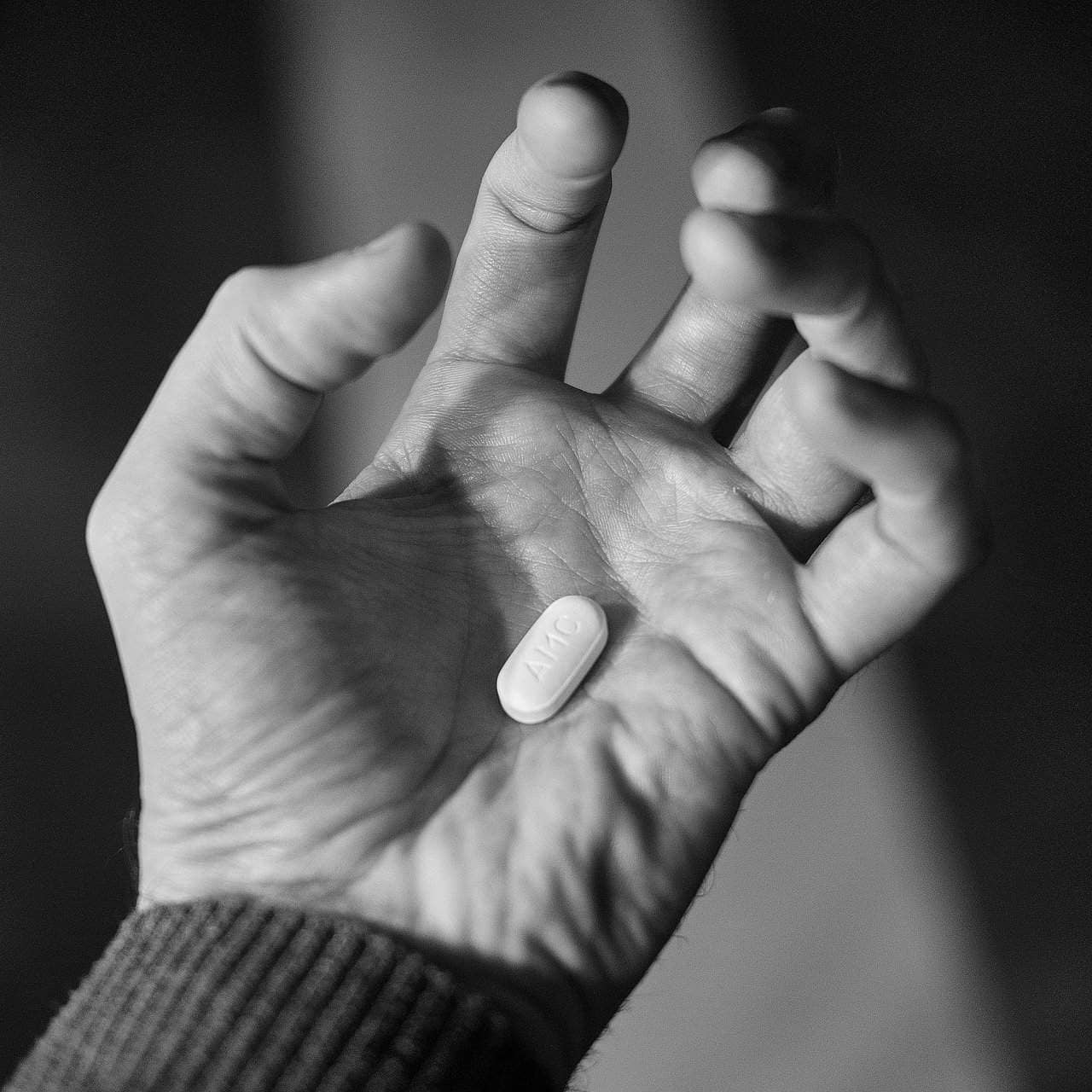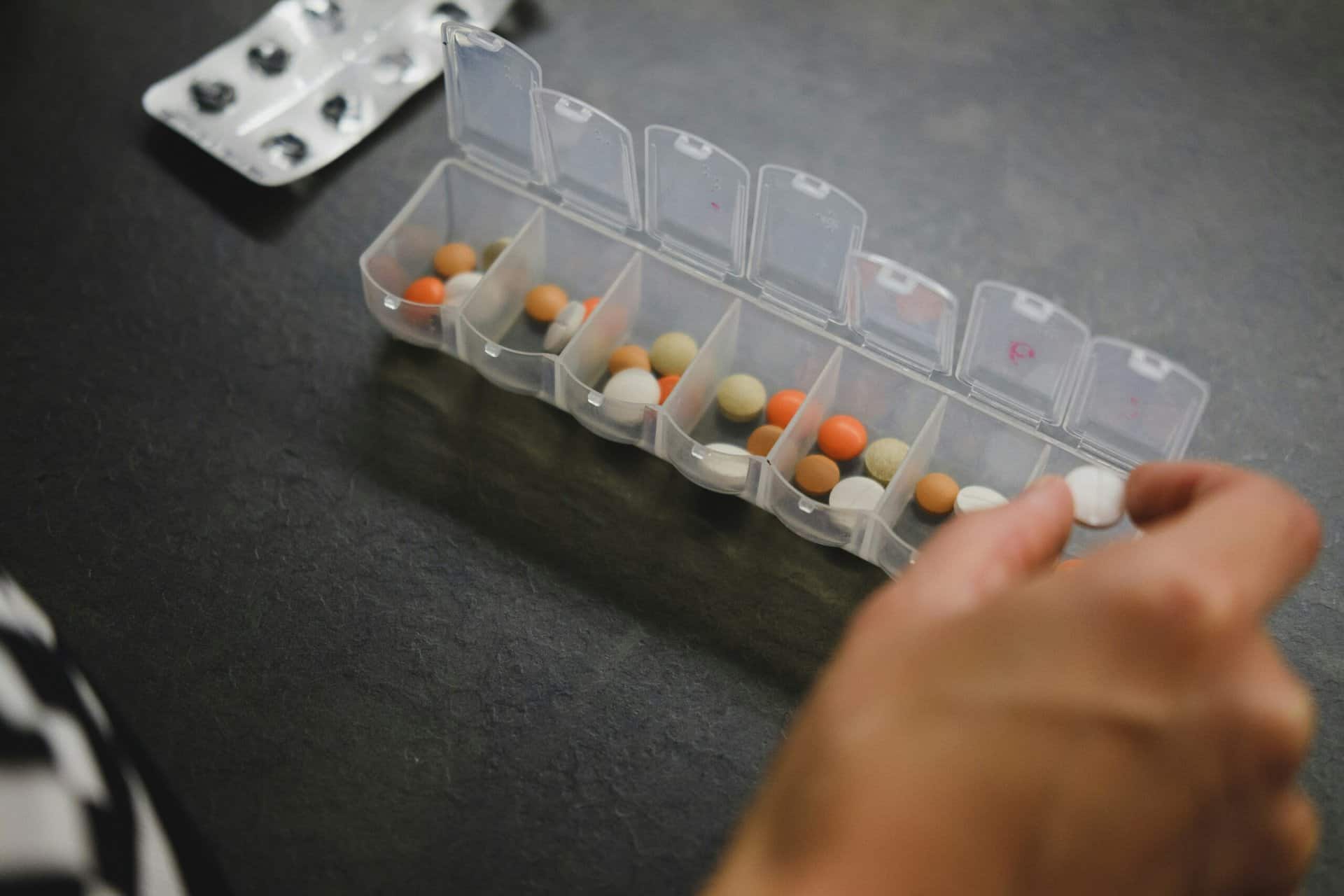When you hear someone eats “gluten-free” – what do you think?
Do you think “Hey, I am not allergic to gluten, so…”
Or do you think “Only a few people need to avoid gluten, so…”
Or do you think “It’s too much trouble, and I love pastry, so…”
So….what’s the problem with these responses?
First – gluten intolerance is not the same biochemical activity as an allergy – it is more like a contact dermatitis…like when you roll around in a patch of poison ivy. You are not allergic to poison ivy but you sure are going to be intolerant of it. Eating gluten from wheat/barley/rye/oats means your intestines are going to look like you have been eating poison ivy for salad. Ouch!
Second – in 2009 Mayo Clinic said 30 out of 100, just about 1/3, of Americans are gluten intolerant. That means 115 million – 30 million of those are baby boomers – are gluten intolerant.
More recent info comes from Dr. Ford, a pediatrician in Christchurch, New Zealand and author of The Gluten Syndrome, who says he believes the percentage of people who are gluten-sensitive actually could be much higher — potentially between 30% and 50%. He is not alone in this estimate. Double ouch!
Third – medical doctors may call it leaky gut syndrome, irritable bowel syndrome, inflammatory bowel disease, colitis, diverticulitis, Crohn’s disease. Naturopaths point to the grains we eat today which have been altered to withstand weather, insects and weed killers resulting in a gluten protein that our stomachs just cannot break down. When the gluten travels through our intestinal track undigested, it destroys the villi and micro villi that is meant to absorb the nutrients from our foods (and supplements). This leads to chronic digestive health problems, and diseases.
So….what’s the problem with the above responses? Avoidance of reality just does not make the problem go away. Here is how Dr. Joel Wallach, the man behind the research and recipes of Youngevity nutritional supplements, explains the problem:
“You can’t out-supplement a bad diet”
The first thing to stop is the gluten. Why? Because it gets into the villi of your intestines and glues them together so that you can’t absorb the nutrition you are taking into your body. And 70% of your immune system is your gut.
Still skeptical? Or thinking you just don’t believe it is a problem for you? Here is Dr. Glidden’s “test” to see if you need to stop eating gluten: For 2 weeks eat completely gluten-free being fanatic about it. Then on the 15th day eat only gluten-laden foods, lots of gluten – then see how you feel.
I can only skim the surface of the info and reasons here – and a few resources are added below if you want to know more. But I was recently reminded of “why” it is important to keep this subject in front of you.
It had been quite a few years since I had talked with Kathy, but we had a great reunion time recently. As she recounted her health history, she reminded me of how she had constant stomach aches in her growing up years and continuing health problems even into her adulthood and professional life, when I was around her. She was plagued with multiple chronic illnesses – and finally it was tracked down to being celiac. She needed to eliminate gluten – completely. She did –and it changed her health and life dramatically.
If you already eat gluten-free, then “high-five” yourself! WooHoo!
If you don’t, try Dr. Glidden’s test, or take a look at these resources:
- CD or booklet “Cerial Killers” by Dr. Joel Wallach
- “Wheat Belly” book by William Davis
- “Hell’s Kitchen” book by Dr. Joel Wallach
- “Attempt A Cure” book by Dr. Peter Glidden
The blessing is that we have so many more “gluten-free” options and resources these days – so, here’s to your gluten-free health!
Food and dietary supplement products sold by Youngevity are intended to contribute to the daily diet and overall health and are not intended for use in the prevention, treatment, mitigation, or cure of any disease or health-related condition. Individuals who have or suspect they have an illness or who wish to commence a diet or exercise program should consult an appropriately licensed health care practitioner for a medical history evaluation, diagnosis, treatment, and health recommendations.



